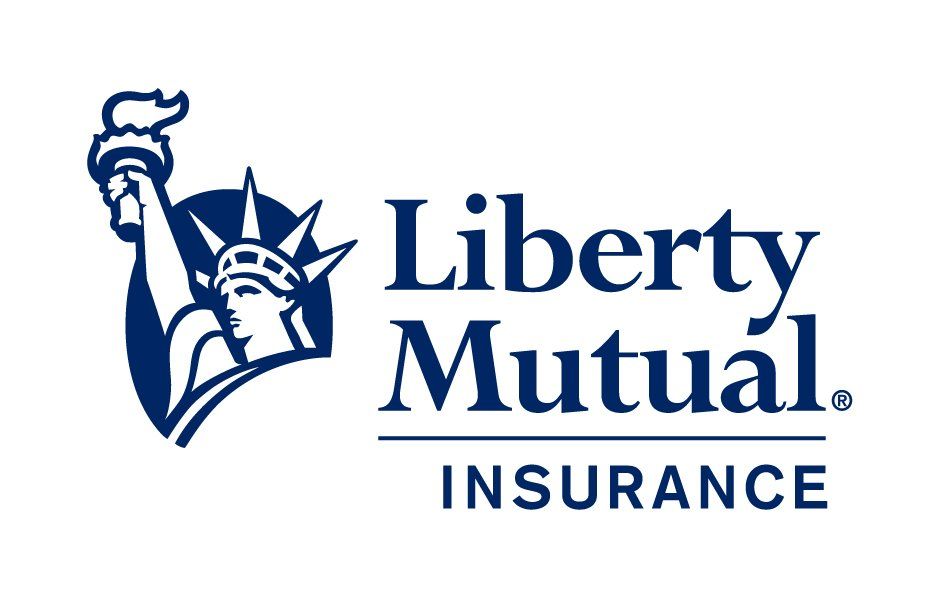Group Owned or Solely Owned Captive
An individual business can set up a solely owned captive or a number of businesses can combine and set up a group captive. A group captive can be either homogenous (all businesses from the same industry) or heterogeneous (all businesses from different industries). The captive is an insurance company domiciled either offshore or onshore in the United States. The captive functions much as a regular insurance company administering policies, actuaries, underwriting, claims department, engineering, billing, and all of the other facets just like a regular insurance company. These services are actually “purchased” a la carte from regular insurance industry companies. The Captive begins by holding a small amount of losses and buying reinsurance for the rest of the loss limit. The captive holds a certain amount of losses and they purchase reinsurance for the higher losses. Over time, as the retained earnings grow, the Captive insures more losses and transfers less to the reinsurance company. All of this is managed by our guidance. The types of risk that a Captive can underwrite for the company include property damage, public and products liability, professional indemnity, employee benefits, employer’s liability, motor and medical aid expenses.
Advantages:
– Member control over risk and litigation management issues
– Establishment of a stable market for coverage and rates
– Elimination of market residuals
– Insurance company profits
– When the market is soft, the Captive can take advantage of the low rates by reinsuring a relatively large proportion of its risks
– The low cost of reinsurance allows the Captive to build its reserve base
– When the market hardens, the Captive is able to retain a larger proportion of its risks and can maintain coverage for its company even when commercial insurance is unavailable or prohibitively expensive
– A Captive requires less initial capital to assure ability to pay claims
Disadvantages:
– Requires management time of the owners
– Being a member of a Captive may complicate a merger or acquisition
– Financially a claims year may stay open for up to 3 to 5 years
– For a Solely Owned Captive, this could tie up working capital
Rent-a-Captive:
A Rent-a-Captive performs very much like an Owned Captive and the insureds will still share risk with each other.
Advantages:
– No set up charge
– Less management time spent on the business of the captive
– Segregated cells allow the insured to isolate their losses
– Allows an insured to get into the captive business using a Rent-A-Captive as a stepping stone to an Owned Captive
Disadvantages:
– There will be a rental charge by the captive
– There is no control over the management of the captive
Risk Retention Group (RRG)
A RRG differs from a traditional insurance company in that the policyholders are also stockholders. While most insurance companies are formed under state laws, RRG’s are formed under Federal laws, and are neither regulated nor rated and therefore are potentially high risk. A RRG will allow members who engage in similar or related businesses or activities to write liability insurance for the exposures of their member owners. This excludes first party coverages, such as property, workers compensation and personal lines. Authorization under the federal statute allows a group to be chartered in one state, but able to engage in the business of insurance in all states (subject to certain specific and limited restrictions). The Federal Act preempts state law in many significant ways. The act states that a Risk Retention Group must form as a liability insurance company under the laws of at least one state which is considered its home state.
Advantages:
– Avoidance of multiple state filing and licensing requirements as member has control over risk and litigation management issues
– Establishment of stable market for coverage and rates
– Elimination of market residuals
– Insurance company profits, overhead or dividends are not going to strangers as they are retained in the company you own
– Unbundling of services
Disadvantages:
– Risks are limited to liability insurance
– Not permitted to write outside business
– No guaranty fund availability for members and may not be able to comply with proof of financial responsibility laws
Self Insured Program
The business takes some to all of the risk itself. Commonly done when the cash flow of a business is large enough that they are able to absorb more than a normal deductible. The business will have its own (or purchase outside services for) claims management, legal staff, risk managers, and loss control. However it is still common in a self-insured business to buy stop gap insurance, where if their own losses exceed some pre-determined limit, the insurance company would pay claims above that amount. This can be on a specific (per claim) or aggregate (all claims for the year) basis.
Our experience in setting up Alternative Risk Programs has proven successful for our insureds. Click here to contact us.









